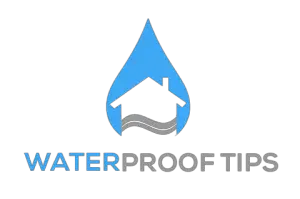Fiberglass becomes waterproof once resin is applied and has cured.
Prior to applying the resin the fibreglass fabric is not waterproof on its own, while the glass fibers themselves are impermeable to water, the fabric has small gaps between them which water can permeate through.
Once resin is applied and it has dried then the fiberglass is completely waterproof, in fact boats are routinely made from it.
The resin used will typically be one of polyester resin, epoxy or vinylester.
Regardless of which one you use the fiberglass will be fully waterproof once hardened.
Resins require the addition of a catalyst.
For VInyl & Polyester resins Methyl Ethyl Ketone Peroxide (MEKP) is typically used.
It causes a chemical reaction which creates heat causing the resin to cure (become hard).
Without adding the catalyst the resin will not properly cure meaning the fiberglass will not be effective at waterproofing – or much else for that matter!
Be aware that if fiberglass is exposed to water prior to the resin being applied this can cause the fiberglass resin to quickly break down after it has hardened, especially if the water is saltwater.
Hardened fiberglass is an extremely durable waterproof material and is routinely used in the construction of things which are regularly exposed to water, such as:
- Waterslides
- Waterpipes
- Ships hulls
- Boats
- Oars
- Canoes & Kayaks
- Traffic lights
- Car body parts
- Bathtubs
- Under-sea protective coverings
…and more.
Fiberglass once treated with resin is an extremely durable material perfect for use when you need something to be 100% waterproof.
Also Read:

